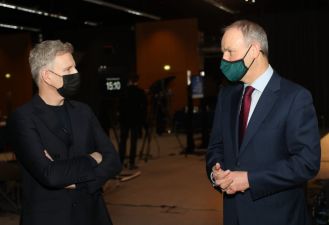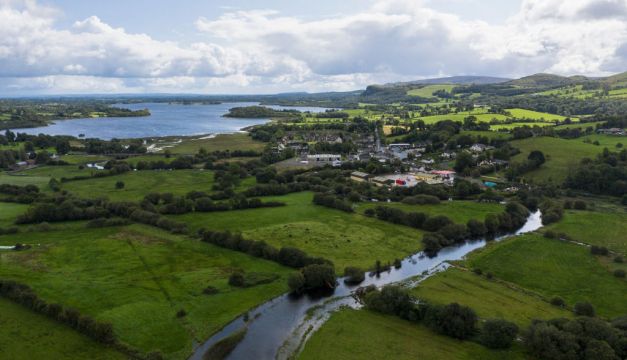The Northern Ireland Executive and the Irish Government should work closer together to tackle climate change, a new report has said.
The major study by the Irish National Economic and Social Council (NESC) urges the administrations on both sides of the Border to take “greater cognisance of the connected nature of the climate crisis and biodiversity emergency for the island of Ireland”.
The Government, as well as politicians in Stormont, should “reflect this in a programme of coordination and joint action”.
The report, which was commissioned by the Government to inform its ongoing Shared Island initiative to boost cross-Border relationships, was launched at an event in Dublin Castle on Tuesday.
The recommendation on climate change is just one of a number contained in the report, which the authors hope will be of interest not just to the Government but also the North-South Ministerial Council and organisations on both sides of the border.
It also calls for more investment in an all-island energy network, as well as more co-operation on tourism.
The Taoiseach called the report “timely and significant”.

Launching it, Micheál Martin said: “The Council has consulted widely and set out recommendations on how, as a Government and through all-island partnerships, we can develop and deliver a new, positive agenda, underpinned by the Good Friday Agreement.”
NESC director Larry O’Connell said that the organisation had taken a “listening and learning” approach.
He added: “We have sought to engage with all the main communities and traditions on the island on how to build consensus around a shared future, with a focus on actionable areas of cooperation.
“The work is underpinned by the Good Friday Agreement in all dimensions, and recognises the benefit and potential of both North-South and East-West cooperation opportunities.”
The NESC also calls for the Government, as well as the Northern Executive and the UK government, to “encourage and support more strategic cooperation between further and higher education and training institutions”.

It recommends fresh co-operation on poverty and on business.
The authors suggest: “The role of special initiatives in tackling concentrations of poverty on the island should be examined. The role of the annual summer school collaboration, between the Department of Social Protection (DSP) in Ireland and the Department for Communities in Northern Ireland, could be explored as a means of initiating this dialogue.”
They add: “Co-operation and action by the two administrations on enterprise policy, and other economic development issues, should be considered.”







